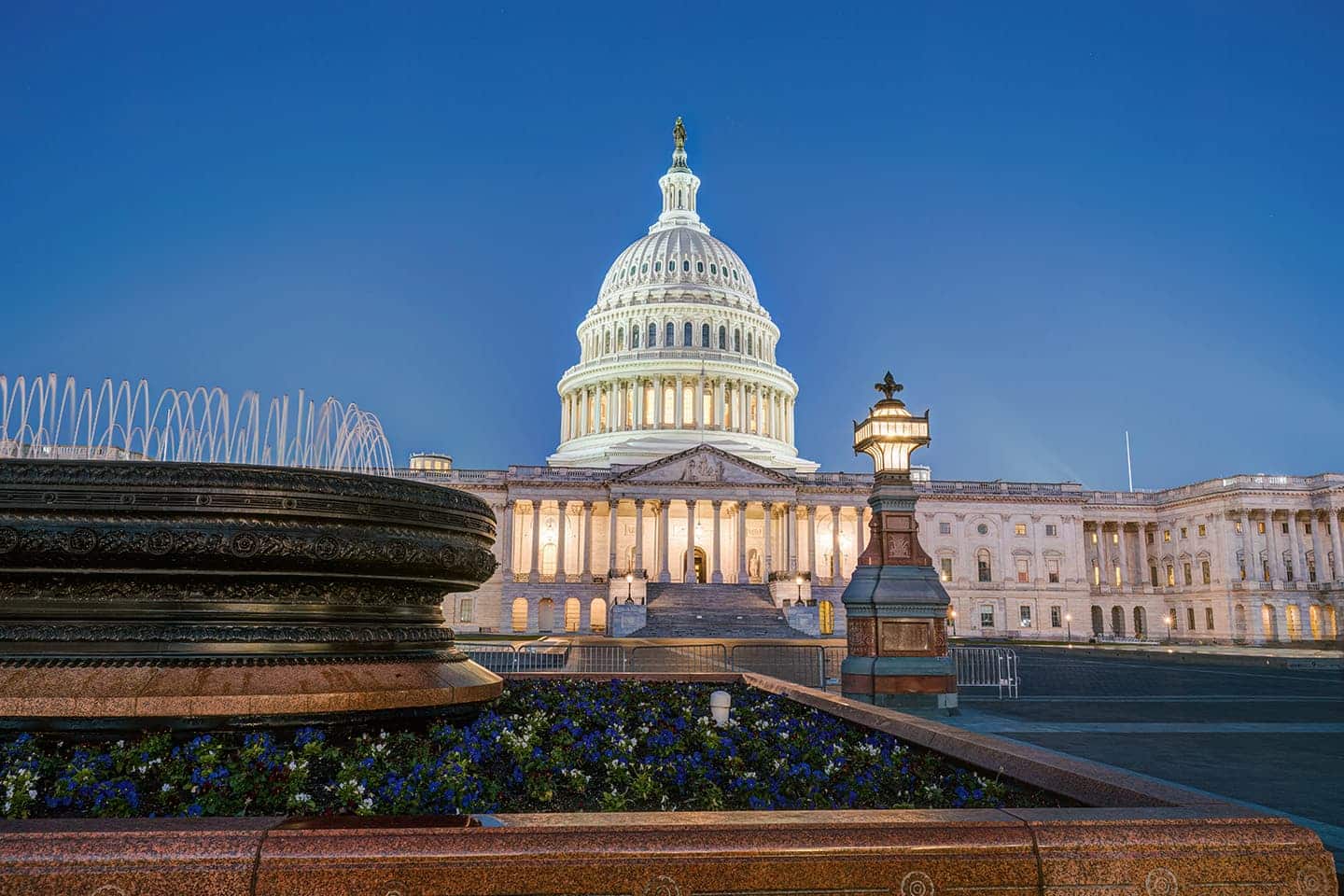Holly Willoughby and Philip Schofield are no longer work best friends. (Photo by Gareth … [+]
Getty Images
The high-profile fall out between two of the biggest stars in daytime television has enthralled the U.K. media over the past two weeks. Philip Schofield and Holly Willoughby had been co-presenting the ITV show This Morning for more than 13 years until it emerged that the duo – once the best of friends – were no longer on speaking terms.
In the past, the pair had been close both off screen and on screen. In fact, they got on so well that they even used to holiday together with their families. Earlier this month, Schofield described Willoughby as his “rock”, saying: “We’re the best of friends – as always, she is an incredible support on screen, behind the scenes and on the phone.”
By this point, however, their friendship had been undermined by several tensions, including Schofield’s brother being convicted of sexual offences involving a child. Once it became clear to viewers that the easy and genuine chemistry between Schofield and Willoughby had vanished, it was only a matter of time before one – if not both – of the presenters came under pressure to step down.
In the end, it was Scofield who quit. In his leaving statement, he thanked “everyone who has supported me”, but notably made no mention of his one-time best friend and long-term co-star, Willoughby. Willoughby herself was later accused of having stabbed Schofield in the back through her lack of support for her fellow presenter.
Can a work friendship ever be real?
For a long time, Schofield and Willoughby’s friendship was strong and real – and it was a major contributor to their immense popularity. The fact that a friendship could end so acrimoniously, with Schofield’s sudden departure, presents questions for all of us who make friends in the workplace. Perhaps the most obvious question has to be: is there such a thing as a real friendship at work?
Whether or not you have real friends at work is likely to depend on how you define friendship, according to Neil Mullarkey, a comedian, actor and author of In The Moment: Build Your Confidence, Communication and Creativity at Work. “What is a best friend at work?” he queries. “Is it a real best friend or just someone you can gossip to about Colin from Compliance or Sally from Sales? What if the whole point of friends is about getting away from work?”
Mullarkey’s advice is to “make friends” with everyone in the workplace but keep your best friends at home or let the friendship deepen only when one of you has left. “Friends frequently fall out,” he warns. “Beware the F-word. The T-word might be a better bet – trust.”
In fact, it often takes the departure of one or both people to establish just how authentic a workplace friendship really is. “I think you only find out whether the people you work with are really friends after you’ve left an organization,” says Kate Cooper, a leadership consultant, coach and lecturer at Hertfordshire Business School. “Power dynamics and internal politics can influence friendships while you’re still at work. You can think you’re friends with someone, but when you leave the organization, you find you’re not friends at all. That can come as quite a shock.”
Some work-based relationships can become far stronger once the individuals involved have stopped working together. In a leadership context, Cooper highlights the concept of “long leadership” – where a leader continues to influence someone’s career and life long after they’ve worked together.
The role of the leader
Disputes in the workplace can have far-reaching implications for the overall happiness and productivity of a team. So, what should leaders do when a work friendship ends badly?
“Workplace friendships built on shared experiences and motivations are hugely beneficial to our levels of job satisfaction and sense of belonging,” says Mimi Nicklin, founder and chief executive of creative agency Freedm, host of the MiMiYouYou podcast and author of Softening the Edge.
“But when they go wrong, it can have a huge impact on the morale and productivity of both the individuals concerned and the wider team. Leaders who allow these conflicts to fester without resolution could find themselves and their teams unable to complete projects and meet deadlines, even struggling to retain staff due to a negative working environment.”
Nicklin believes that leaders need to lean into, rather than away from, conflict when there has been a falling out in the workplace and use empathy to help understand and rectify the situation. “Allowing the individuals to speak openly and empathically, without interruption, can help us to clear the air and move forward with a better understanding and action plan to resolve the initial issue,” she says.
Mind your reputation
Finally, if you are seen to have stabbed a work friend in the back, can your reputation ever recover?
“This depends on how deeply you have stabbed them, but also on the culture of the organization,” says Jeremy Campbell, an expert on behavioural science, executive coach and CEO of performance improvement business Black Isle Group. “TV is notorious for jealous feuds between star presenters, and we’ve seen for U.S. news anchors it can even be a ratings winner. In more mainstream corporate life, however, a breach of trust is far more difficult to recover from.”
Campbell suggests a few key steps to try and rescue the situation. “First, admit your error,” he says. “’Sorry’ may be the hardest word, but it is the most powerful word in rebuilding relationships. The next step is to demonstrate through small, everyday actions that you can earn the trust of your colleagues. There is no big step that will quickly repair the damage.”
If the perceived “backstabbing” is severe, there may just be no way back, Campbell concludes. “In that case, it is best for all parties that you go your separate ways and save everyone from angst and bad energy.”
No friends in business?
The old adage “There are no friends in business” serves as a reminder that there will always be a limit to loyalty and trust, no matter how long people have worked together. What’s more, research by team activity company Wildgoose suggests that many people are wary about the idea of workplace friendships, with nearly half of employees in both small and large companies saying that they don’t have friends at work.
Nevertheless, people spend a lot of time at work – both physically and virtually – and we naturally tend to have things in common with the people we work with. So, bearing in mind that all friendships have fragilities that could one day threaten their existence, work seems just as good a foundation for a friendship as anything else.
Credit: Source link











